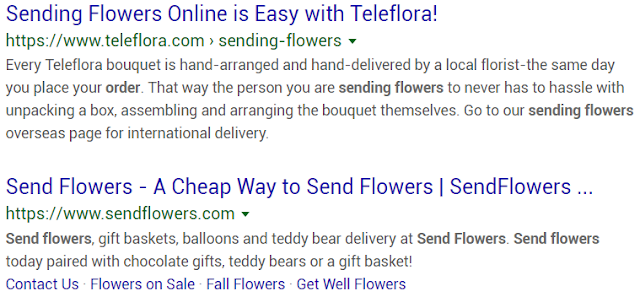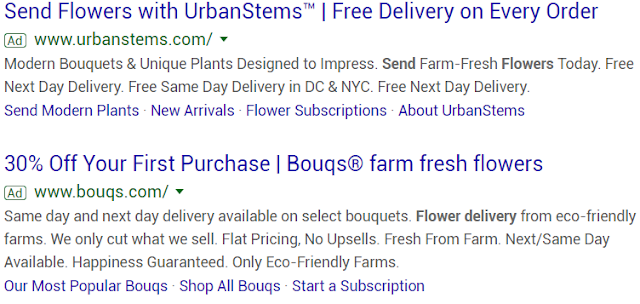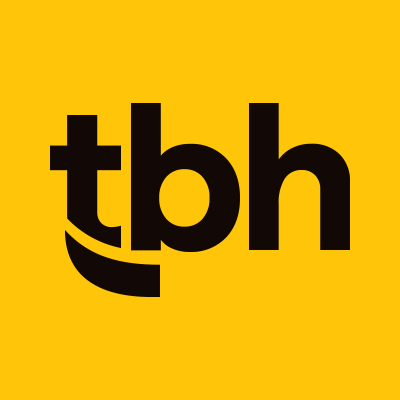
If you’re considering paid ads for your business online, you are most likely planning to start with the Google Ads platform. How do we know? Practically everyone is using Google, including your target audiences (and competition).
Read on to get answers to some basic questions about getting started with pay-per-click (PPC) advertising with Google.
Read on to get answers to some basic questions about getting started with pay-per-click (PPC) advertising with Google.
Get started with Google PPC ads
With an estimated 5.6 billion searches every day, Google is a marketing force to be reckoned with for organic and paid search traffic.What is the difference between organic search and paid search?
Organic search results appear when your search query matches content on a web page. No one pays to appear in Google’s organic search results. Improving your standing on search results pages (SERPs)—organically—involves focusing on search engine optimization factors, like keyword optimization, mobile-first user experience, domain authority, and more.
Paid search results are triggered by your search terms, but companies pay Google to appear in the results, typically above the organic results. So even if another website has more traffic or better SEO, your ad can appear and compete for clicks.
How to tell if search results are organic or paid
Here are two examples of organic search results for the term “send flowers”:
Here are two examples of paid search results for the term “send flowers”:

Notice the results look strikingly similar, but you can see that the paid search results are differentiated by a small, green “Ad” label at the top left of the page, near the website URL.
What is a PPC ad?
A PPC ad is a type of search ad that is text-based and your company only pays when a user clicks on your ad. PPC ads are triggered when users search for keywords you have identified as targets for your ads. While they may not be the most eye-catching ads design-wise, the great part about PPC ads is they match what users’ want and so can have a higher click rate than other types of ads that are more interruptive.Another benefit of PPC ads? Unlike other ad types, such as Display Ads, impressions on PPC ads are free. You won’t get charged until your ad is clicked.
What is the goal of paid search?
The main goal of a PPC ad is to match the user intent through a good user experience from the ad through to the conversion. These include making sure you have a:- clear action in the ad
- landing page with customized copy matching the language in the ad
With Google Ads, the algorithms favor ads that provide the best user experience and will show them higher in search results. Google gives every PPC ad a “Quality Score” based on its ad copy, landing page experience, and click-through-rate (CTR). The higher the “Quality Score,” the less you’ll pay per ad bid—and the better your ads will perform.
Pro Tip: If you have a low “Quality Score,” you will have to pay more to appear higher up in results pages. Keep the user experience in mind—from ad copy through conversion—for better-performing ads.
Recap of getting started with Google PPC ads
- Consider a pay-per-click ad strategy when you have a simple, clear action for users to take online.
- Find target keywords related to that action and write ads that are clear about what the user can expect if they click through.
- Keep in mind that the goal of PPC ads are user clicks and conversions, but the added benefit of free impressions are a perk of running these types of ads.
- Think about the user’s journey from first seeing your ad all the way through to converting on your landing page or shopping cart, and keep every step clear and focused.
- Monitor your quality scores to find which keywords, ads, and landing pages are providing the best user experience. Higher scores mean lower costs for you.
You might also like…
